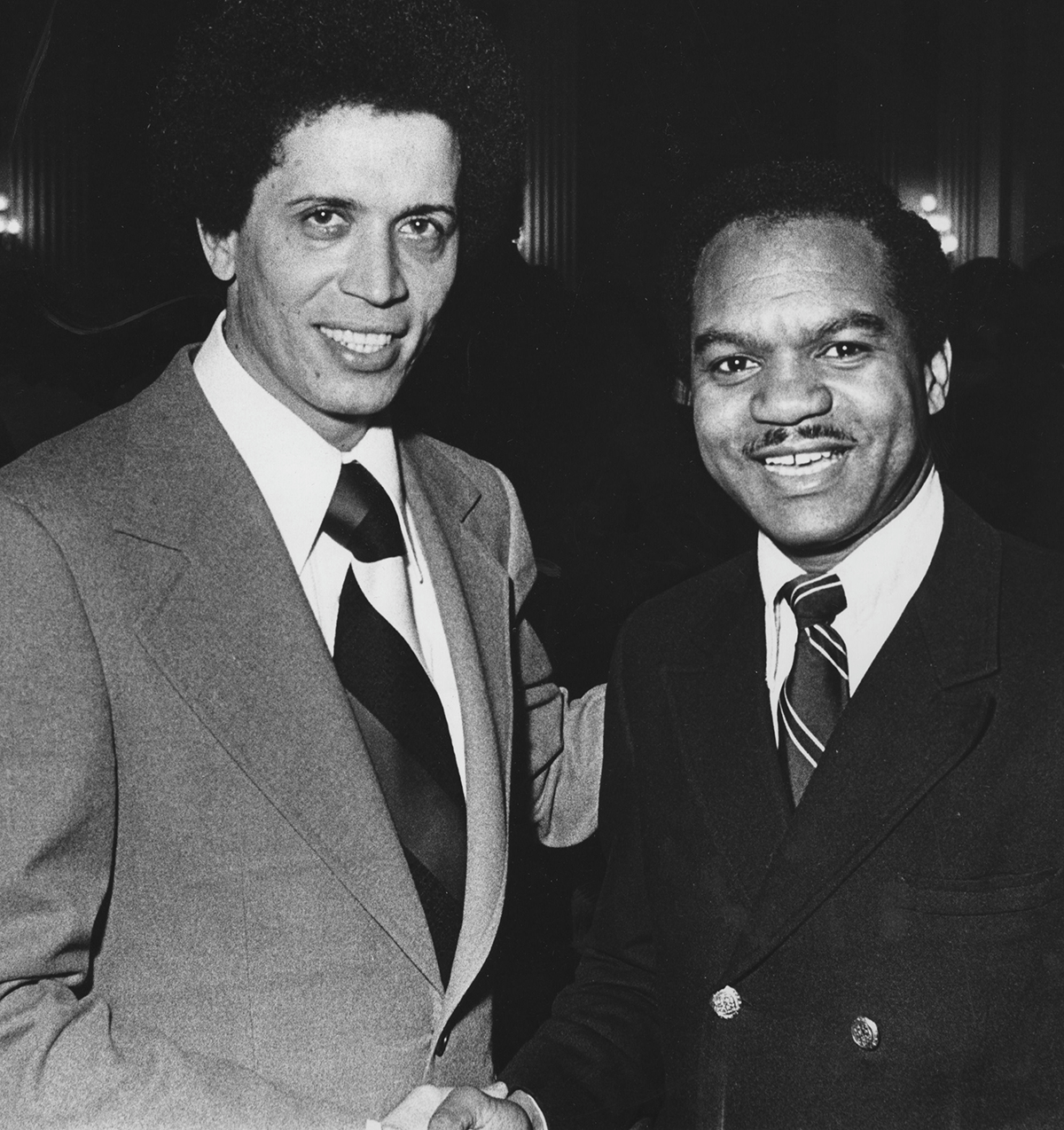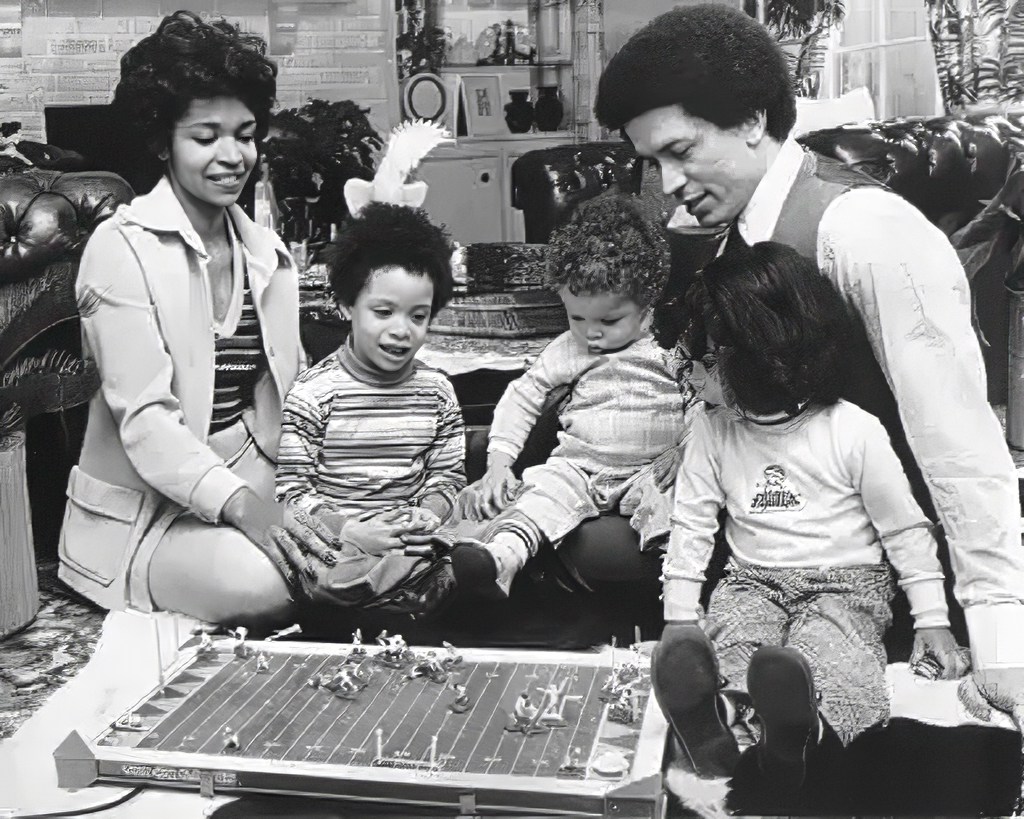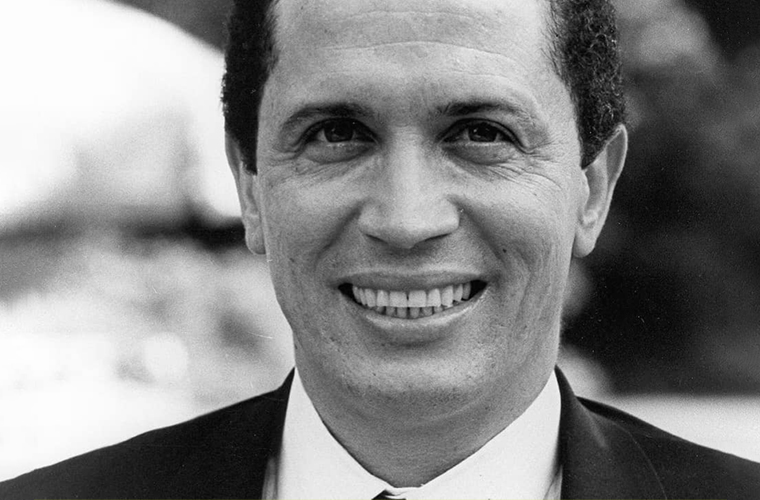Harold Eugene Ford, Sr. is a former American politician who served as a member of the U.S. House of Representatives from Tennessee’s 9th congressional district from 1975 to 1997. He was the first African-American to represent Tennessee in Congress and the first to chair a major House committee. He is also the father of former congressman Harold Ford Jr. and the uncle of former state senator Ophelia Ford.
In this blog post, I will discuss some of the achievements and challenges of Ford’s political career, as well as his legacy and impact on the African-American community and the Democratic Party. I will also share some personal anecdotes and insights from my interactions with him over the years.
Ford was born in Memphis, Tennessee, in 1945, to a family of prominent civil rights activists and political leaders. His father, Newton Ford, was a funeral home owner and a leader of the local NAACP chapter. His mother, Vera Ford, was a teacher and a social worker. Ford attended public schools in Memphis and graduated from Tennessee State University in 1967 with a degree in history. He then earned a master’s degree in public administration from Howard University in 1970.

Ford began his political career as an aide to Senator Edward Brooke, a Republican from Massachusetts and the first African-American elected to the Senate by popular vote. Ford later switched parties and became a Democrat, citing his disagreement with the Nixon administration’s policies on civil rights, Vietnam, and Watergate. In 1974, he ran for Congress in his hometown district, which was predominantly black and urban. He faced a tough primary challenge from incumbent Dan Kuykendall, a white moderate Republican who had won the seat in 1966 with the support of black voters. Ford defeated Kuykendall by a narrow margin of 2,000 votes, becoming the youngest member of the 94th Congress at age 29.
Ford quickly rose through the ranks of the House Democratic caucus, gaining seniority and influence on several key committees. He was a member of the House Budget Committee, the House Ways and Means Committee, and the House Banking Committee. He also served as the chairman of the House Post Office and Civil Service Committee from 1981 to 1993, and as the chairman of the House Education and Labor Committee from 1993 to 1995. He was known as a pragmatic and moderate Democrat who worked across party lines to advance legislation on issues such as health care, education, social security, trade, tax reform, housing, and civil rights.

Ford was also a leader of the Congressional Black Caucus (CBC), an influential group of African-American lawmakers that advocated for the interests and rights of black Americans. He served as the chairman of the CBC from 1981 to 1983, and as its vice-chairman from 1989 to 1991. He was instrumental in securing funding and support for historically black colleges and universities (HBCUs), minority-owned businesses, anti-poverty programs, affirmative action policies, voting rights protections, and anti-apartheid sanctions against South Africa.
Ford faced several controversies and scandals during his tenure in Congress, some of which threatened his political career and reputation. In 1987, he was indicted on federal charges of bank fraud, mail fraud, and conspiracy for allegedly receiving illegal loans from a Memphis bank that he partly owned. He was acquitted by a jury in 1993 after a lengthy trial that exposed his lavish lifestyle and questionable financial dealings. In 1992, he was accused of sexual harassment by a former aide who claimed that he had made unwanted advances toward her and offered her money for sex. He denied the allegations and settled the case out of court for an undisclosed amount. In 1996, he was investigated by the House Ethics Committee for allegedly accepting gifts and favors from lobbyists in exchange for legislative favors. He was cleared of any wrongdoing by the committee but agreed to pay a $6,000 fine for failing to disclose some travel expenses.
Ford decided not to seek re-election in 1996 after serving 11 terms in Congress. He was succeeded by his son Harold Ford Jr., who won the seat with his father’s endorsement and support. Ford Sr. remained active in politics as a consultant and lobbyist for various corporations and organizations. He also served as a board member of several institutions, including Tennessee State University, Howard University, Fisk University, Meharry Medical College, St. Jude Children’s Research Hospital, and FedEx.

Ford died in Miami Beach, Florida, on October 11th ,2021 , at age 76 , after suffering from prostate cancer . He is survived by his wife , Dorothy Bowles Ford , whom he married in 1969 ,and their five children : Harold Jr., Jake , Isaac , Ava ,and Newton . He is also survived by his brother , John N . Ford , a former state senator who is currently serving a prison sentence for bribery ,and his sister , Ophelia Ford , a former state senator who resigned in 2017 amid health and ethical issues .
Ford is widely regarded as one of the most influential and accomplished African-American politicians in Tennessee and U.S. history. He is credited with breaking racial barriers, empowering black voters, and championing social and economic justice. He is also remembered as a charismatic and controversial figure who faced criticism and scrutiny for his personal and professional conduct. He left behind a political dynasty that continues to shape the state and national landscape.

